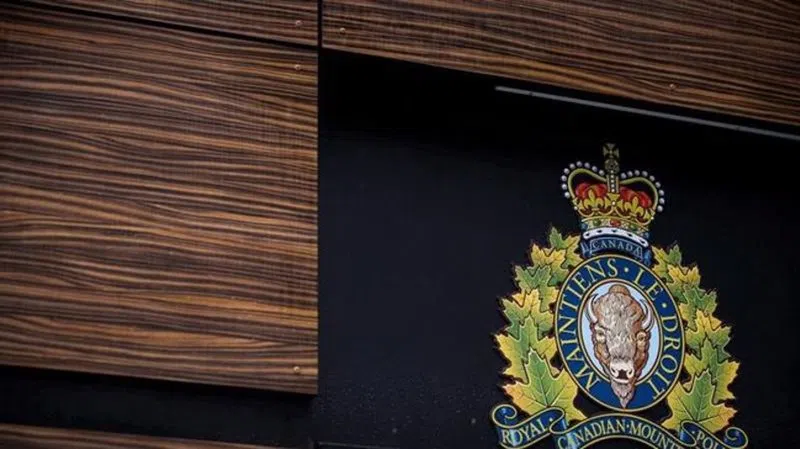
Mounties defend social-media profiling after assembling portrait of activist
OTTAWA — The RCMP is defending its practice of profiling people by scouring their social-media postings, saying the police force lawfully obtains information with the aim of protecting Canadians.
A Toronto activist concerned about mining-industry abuses recently learned the Mounties compiled a six-page profile of her shortly after she showed up at a federal leaders debate during the 2015 election campaign.
An analyst with the RCMP’s tactical internet intelligence unit ultimately found no indication that Rachel Small, an organizer with the Mining Injustice Solidarity Network, was involved in criminal acts.
Small said it was “kind of creepy and unsettling” to see the RCMP profile, which came to light years later through an access-to-information request.


